Mowing: According to David Bayer from UWEX Outagamie County the most important cultural practice associated with turf care is proper mowing. Mow high (3 inches) during the spring and summer months when grass reaches 4 inches. Continue mowing in the fall until the grass stops growing. Mow shorter in the last few mowings. For the last mowing set the mower 1 inch shorter to prevent snow mold in spring and to discourage moles, voles, and mice from burrowing in your lawn all winter.
Fertilizer: A fertilizer program is recommended based on your personal preference. A minimum maintenance program is to apply a winterizer fertilizer (26-0-12) in early September. If you prefer a more lush lawn, fertilizer can be applied two times; add an early June application to the September application. For our area a maximum application of three times is recommended; for a high maintenance lawn apply fertilizer in early June, July, and early September. The July fertilizer application can be skipped if a mulching mower is used. These are the active grass growing periods in Wisconsin. Never apply fertilizer during dormant periods. Seeding: The best time to establish a new lawn or reseed is between August 15 and September 20; mid-May is also a good time. It pays to buy quality seed; it will contain less weed seed and better grass varieties. According to the University Extension, “the only way to evaluate the quality of a mix is to read and understand the label. “ Extension recommends paying attention to these points when checking out labels:
Kentucky Blue Grass is one of the most popular grasses in Wisconsin. It is winter hardy, grows by rhizomes, is soft to touch, and mows well. However it goes into summer dormancy, does not tolerate heat well, is shade intolerant, and has high fertilizer needs. Most sod is Kentucky Blue Grass. Perennial Rye Grass is quick to germinate, but is not very winter hardy and is intolerant of summer stress of heat or drought. It is usually put into seed mixtures because it is quick to germinate and helps with early erosion control. Fine Fescues ( Hard, Red, or Chewings) have low fertilizer needs, are slow growing (less mowing), can be grown in shade or sun, and have some drought tolerance. However they are susceptible to disease in high traffic areas, and can get summer patch and snow mold. It is good to have a mix of Fine Fescues to help offset the negatives. The type of seed will determine the number of fertilizer applications needed and how much you want to mow. For example, a mix with a high percentage of Kentucky Blue Grass may not do well if you plan to fertilize once per year. Each seed type has its advantages and disadvantages. There are none that are perfect for every situation. UW Extension Bulletins These bulletins and more can be viewed and downloaded as a PDF file or purchased from the https://learningstore.uwex.edu/
0 Comments
If you missed the Tuesday night event,
check out the photos on our home page gallery and the event handouts, information, and recipes.
Three Sisters Garden: This space located near the south end of the vegetable garden displays the “Three Sisters” combination of Corn, Beans and Squash. For centuries these three crops have been the center of Native American agriculture and culinary traditions. While planting styles varied, the concepts for planting these three vegetables near each other were as follow. The corn provides tall stalks for the beans to climb so they are not outcompeted by the sprawling squash. Beans being legumes, fix nitrogen through their symbiotic relationship with rhizobia bacteria, and provide nitrogen to the corn, and the large vining squash leaves shade the ground which helps retain soil moisture and reduces competition from weeds. The vegetables seeds for this planting were gifted to us by the Lac Courte Oreilles Ojibwe tribe and include Cherokee Trial of Tears black pole beans, Bear Island and Mandan Bride flint corn and the Gete Okosomin (big old squash). In this garden the corn was planted in early June in a swirl with space between rows approximately two feet. The inter swirl is Mandan Bride and the outer part of the swirl is Bear Island. When the corn was about 6 sinches tall a single bean seed was planted near the base of each corn plant. About a week later after the beans germinated the squash seeds were planted several feet around the edges of the outer swirl of corn. Seed to Kitchen Collaborative/Organic Seed Alliance vegetable trials: For many years the Spooner Research Station has conducted field scale organic vegetable variety trials for the SKC project. The goal of this research is to evaluate new and promising vegetable varieties that have improved flavor and direct market qualities. These plots are typically 1/8 to over one acre in size and include replicated and randomized plantings. To increase participation and feedback, gardeners and fresh market growers can now participate in evaluating select breeding line in their own gardens. Participating gardeners are sent all the seeds they need for their trials, labels, planting maps and datasheets. They agree to start the seeds and plant a minimum of 3-4 plant and manage them as they normally would other crops and provide feedback on how plants grew. In the Display Garden we have a pepper breeding trial, four different tomato breeding trials, and several potato breeding trials. More info at https://seedtokitchen.horticulture.wisc.edu/ Children’s Garden and Little Free Library: We now have an officially registered Little Free Library located in what is now being called our Children’s Garden Area. This Little Free Library features kids’ books and will be incorporated into our summer Kids in the Garden program. Organic Mulches in the Garden: Keeping the soil covered is one of the guiding principles of improving soil health, and mulches are one option. Shredded bark and wood chips are being used in walkways and under perennial plants, and various locally sourced plant materials are used under and around annual plants. Organic mulches suppress weeds, help retain soil moisture and enrich the soil with organic matter and nutrients. The Teaching & Display Garden is a joint effort between UW-Madison College of Agriculture and Life
Science Spooner Agriculture Research Station, UW-Madison Division of Extension and Master Gardener and Research Station Volunteers. More info at https://spooner.ars.wisc.edu/ 2022 Twilight Garden Tour
4-7 pm on Tuesday, August 23 Speakers Brian Huddleson, Director, Plant Disease Diagnostics Clinic at UW-Madison on plant diseases Renae Essenmacher, forester with the Wisconsin Department of Natural Resources on nonnative invasive trees and shrubs Sarah DeGraff from UW’s Seed to Kitchen program discussing their projects More Information
Late Season Issues Mini Webinars Yard and Garden Cleanup with Diseases and Insects in Mind Wednesday, August 24, 12:00 p.m. Be prepared to approach your garden and yard cleanup with a better understanding of strategies you can use to benefit your yard, keeping in mind plant diseases, insects, winter interest and wildlife food. Presented by: Andrea Ackerman, Horticulture Outreach Specialist, UW-Madison Division of Extension Brown County Fall “Lawndry” List Wednesday, August 31, 12:00 p.m. Fall is a good time of year to give your lawn some TLC. Join us to learn more about lawn fertilizer requirements and recommendations for this time of year, aeration and overseeding, and the basics of weed control. Presented by: Paul Koch, Associate Professor, Department of Plant Pathology, UW-Madison Bringing the Garden Inside Wednesday, September 7, 12:00 p.m. Get ready to continue enjoying your garden by bringing your plants indoors. You’ll learn about which plants can come in, the requirements for growing plants indoors after they have been outside all summer, and how to properly transition them to their new indoor home. Presented by: Darrin Kimbler, Agriculture Educator, UW-Madison Division of Extension Iron County To register for any of these mini webinars, go to https://bit.ly/3g0IfhF This mini-webinar series is hosted by UW-Madison, Division of Extension, Horticulture. For upcoming events and learning opportunities go to: https://hort.extension.wisc.edu/events/ Spooner, Wis. – Aug. 12, 2022 -- The University of Wisconsin (UW)-Madison Spooner Agricultural Research Station, UW-Madison Extension and North Country Master Gardener Volunteers (NCMGV) will be holding their Annual Twilight Garden Tour on Tuesday, August 23 from 4-7 p.m.
To be held at the Station’s Teaching and Display Garden, located at 780 Orchard Lane off Highway 70 just east of Spooner, this is one of the region’s premier summer gardening events and it includes displays, speakers, demonstrations, and guided tours of the garden plots. In addition, this year’s event includes an “Edible Landscaping” feature. Building on this theme, vegetable and home-made wine tastings will be available. The staff from UW-Madison Spooner Ag Research Station, Extension Educators, the North Country Master Gardener volunteers, as well as the event’s speakers will be available to answer gardening questions and identify plant, insect and disease samples. Attendees are welcome to explore the Teaching and Display Garden as well as bring samples of diseased plants or representative photos for identification and advice. Displays will feature Hunt Hill, Spooner Farmers Market, Forts Folle Avoine, as well as others. The expert panel of speakers will kick-off at 4:45 p.m. and then provide walking tours in which they will answer questions. Speakers and topics covered this year are: •Brian Huddleson, Director, Plant Disease Diagnostics Clinic at UW-Madison on plant diseases; •Renae Essenmacher, forester with the Wisconsin Department of Natural Resources on non-native invasive trees and shrubs; and •Sarah DeGraff from UW’s Seed to Kitchen program discussing their projects. The Teaching & Display Garden is an official All-America Selections (AAS) display garden featuring both flowers and vegetables and has been awarded multiple awards in the National Landscape Design contest sponsored by AAS. The garden also includes organic vegetable gardening, a children’s garden, container gardening, displays of table and wine grapes and the Monarch and Pollinator Sanctuary perennial garden featuring native plants. As in the past there is no charge for this educational event and there will be a raffle for flower bouquets. In the case of severe inclement weather, the event will be cancelled and not rescheduled. Please visit www.facebook.com/spoonerag to learn more about event status in case of weather. For more information, please contact Kevin Schoessow at 715-635-3506 or 1-800-528-1914, or learn more at https://spooner.ars.wisc.edu/ or https://www.northcountrymgv.org/twilight-garden-tour.html. More information about the North Country Master Gardeners can be found at https://www.northcountrymgv.org. UW-Madison Extension provides equal opportunity in employment and programming including Title IX and ADA requirements. Please call our toll-free number 800-528-1914 if you have any special needs or require special accommodations. This fall UW-Madison Division of Extension Horticulture Program is offering the online course, Growing and Caring for Plants in Wisconsin: Foundations in Gardening. This is a twelve week online course that runs from September 11 through December 10, 2022.
Growing and Caring for Plants in Wisconsin: Foundations in Gardening (Foundations in Gardening) teaches participants university research-based methods to successfully grow their plants and manage common pests. The course introduces a decision-making framework used by gardeners that focuses on understanding how plants best grow, why pests and problems happen, and how to keep plant problems from happening. The Foundations in Gardening course is divided into three units. The first set of topics are the basics: general gardening, botany, soils and decision-making strategies for pest management. The next set of topics helps participants understand how to identify and manage pests they might encounter. Finally, the last group focuses on specific types of gardening such as vegetables, fruits, lawn, and houseplants. As part of the learning experience, Foundations in Gardening participants will have the opportunity to ask questions of UW-Madison horticulture experts at live webinars. The webinars are scheduled so that each expert will be taking questions about the material currently being covered. The webinars are also an opportunity to ask questions participants may have long had but did not know whom to ask. Q & As with the Experts will be recorded for future viewing in case the live broadcasts are inconvenient with participants’ schedules. In addition to the Q & As with the Experts, participants receive a complete electronic (PDF) copy of the Foundations in Gardening training manual. A bound hardcopy of the manual is available at an additional cost. This is a valuable reference tool to have on the bookshelf. Participants will receive a certificate of completion and earn up to four continuing education credits (CEU) for certain professional organizations. For participants wanting a deeper dive into the learning experience, there are optional live lab webinars to reinforce the material covered in the course. These give participants the opportunity to work in large and small groups with Extension educators to answer more in-depth gardening scenarios. If you are interested in becoming a Wisconsin Extension Master Gardener, this course is considered an approved learning opportunity from the Wisconsin Extension Horticulture Program. Visit https://mastergardener.extension.wisc.edu/get-started/ for more information. Registration is July 18th-August 15th for this fully online, learn-at-your-own pace course. Whether you are a beginner, avid gardener or professional, you and your plants will benefit from this course. For more information and to register for Foundations in Gardening, visit: https://bit.ly/3aBUGBe The annual Twilight Garden Tour returns on August 23, 2022, 4:00 to 7:00 pm. The gardens are brimming with vegetables, annuals, and perennials. Presentations will start at 4:30 with these confirmed speakers:
We look forward to seeing you on Tuesday, August 23. Check http://www.facebook.com/spoonerag, or http://www.northcountrymgv.org as more information becomes available. In the case of severe weather the event will be cancelled and announced on Facebook and the website. The session is free and open to the public and will be held rain or shine. In the case of severe weather the event will be cancelled and announced on Facebook and the website. The garden is located at 780 Orchard Lane, 1.5 miles east of Spooner on Highway 70 or 1/2 mile west of the Hwy 70/53 interchange. Watch for garden meeting signs.
From: Kevin Schoessow, UW Extension Area Agriculture Development Educator, Spooner Agricultural Research Station
Japanese beetle a voracious defoliator of many landscape and garden plants has been confirmed in many locations in NW Wisconsin in recent weeks. While very common in other parts of the state, this pest has not been known to be in our region until recently. Adults beetle feed on over 300 species of plants. Roses, birch, lindens, grapes, raspberries, Norway maples, beans, apples, plums, crabapples, elms, beech, asparagus, and rhubarb are some of its favorite species. Adult beetles emerge in early to mid-July and feed for about six to eight weeks. This feeding is quite noticeable and concerning especially on prized perennials and on fruits and vegetables. Japanese beetle are tough to control, especially when bees and other beneficial insects are active during the same time. Gardeners need to be cautious in their management decisions and be aware of unintended consequences of treatment options. To help gardeners and homeowners make informed decisions about management options for Japanese beetles the following resources should be very helpful. The first is a wonderfully insightful webinar presentation by PJ Liesch, Entomologist and Director of the UW-Madison Insect Diagnostic Lab. The recorded presentation can be found on the Wisconsin Horticulture Division of Extension website https://hort.extension.wisc.edu/videos/ or directly through youtube at https://www.youtube.com/watch?v=TFFZs2gLAfs The other is an article title Japanese Beetle https://hort.extension.wisc.edu/articles/japanese-beetle/ |
|
| North Country MGV | gARDEN bLOGS |
Location |
|
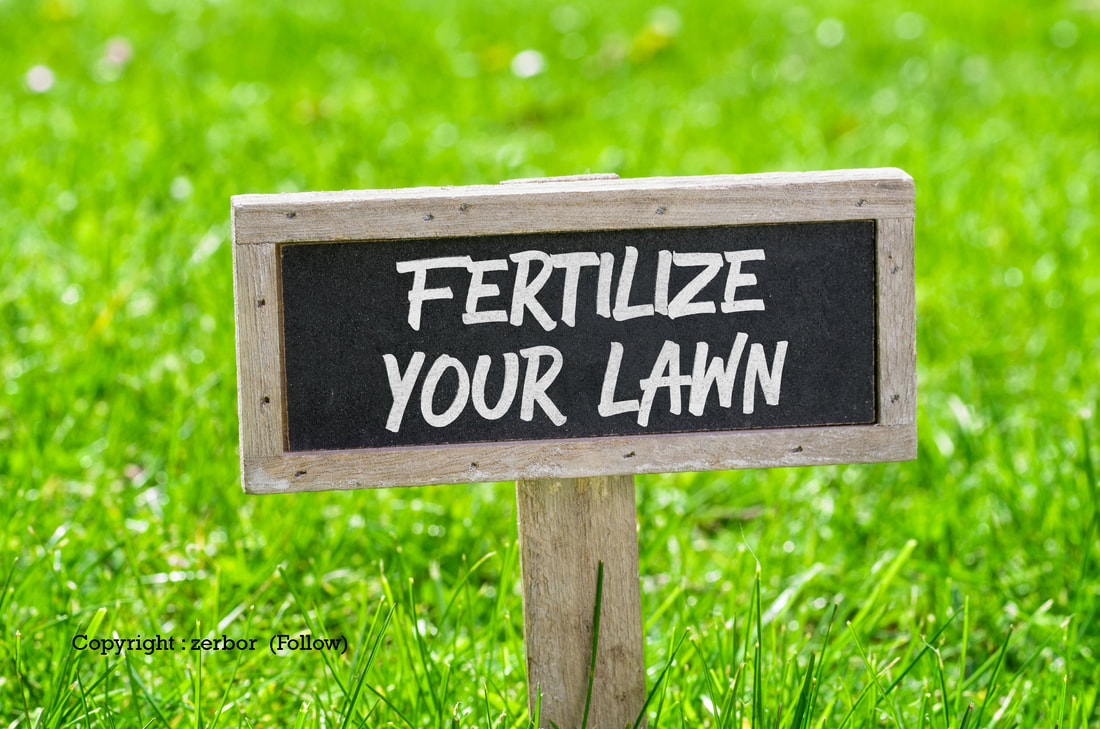
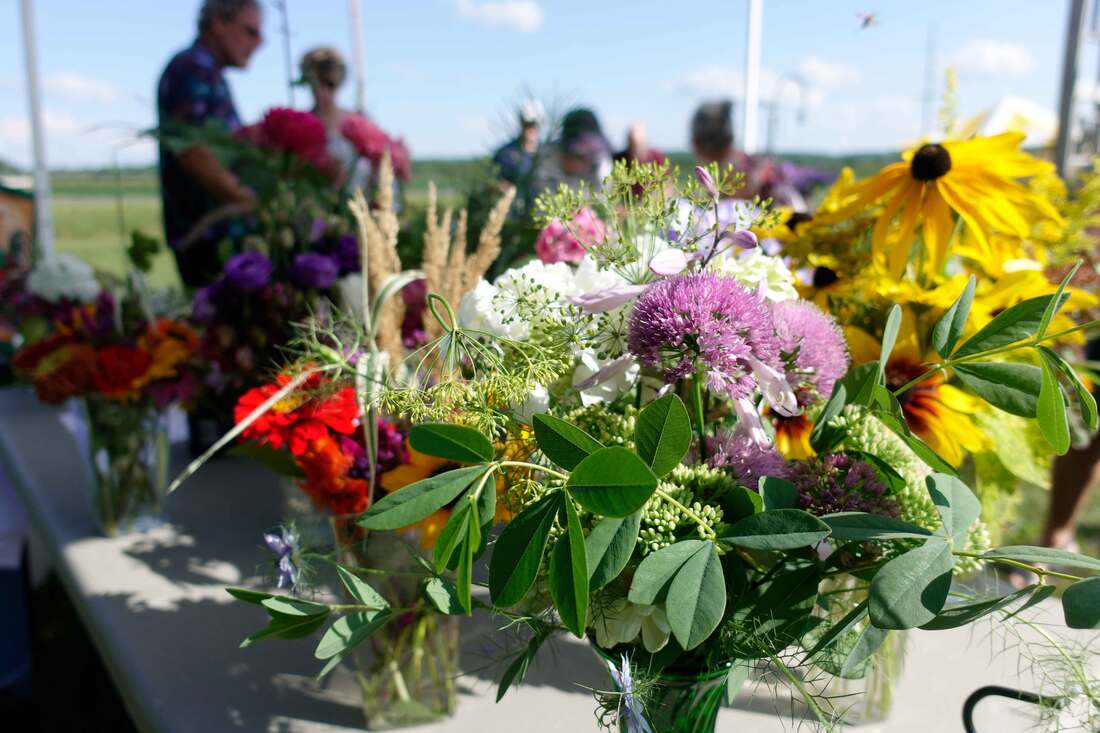
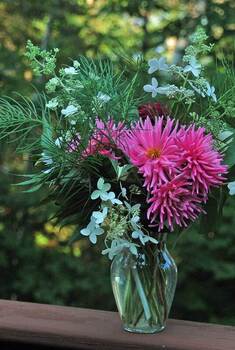
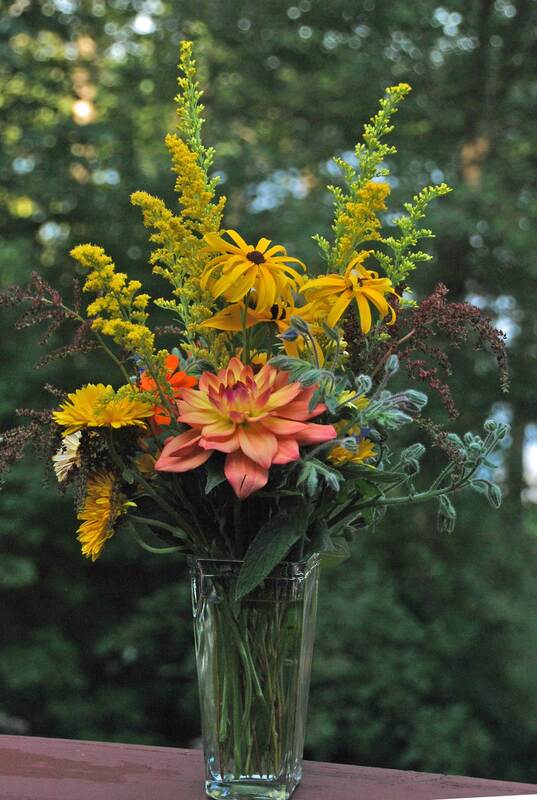
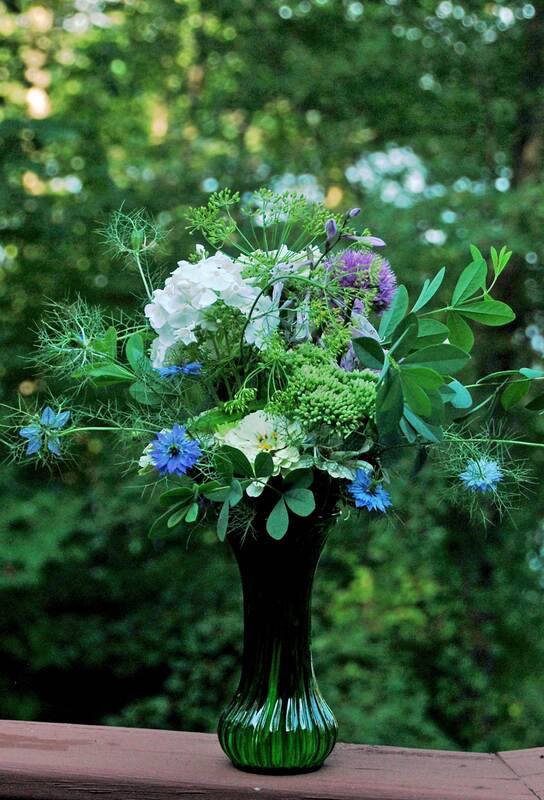
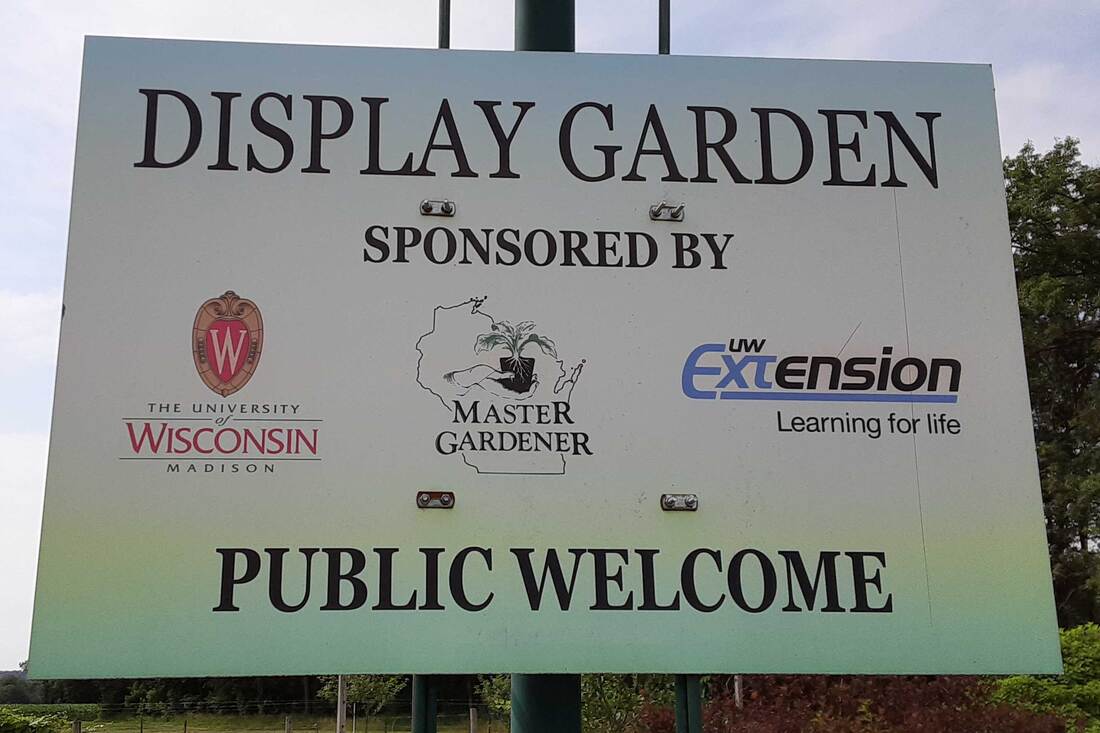
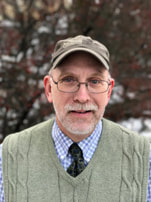
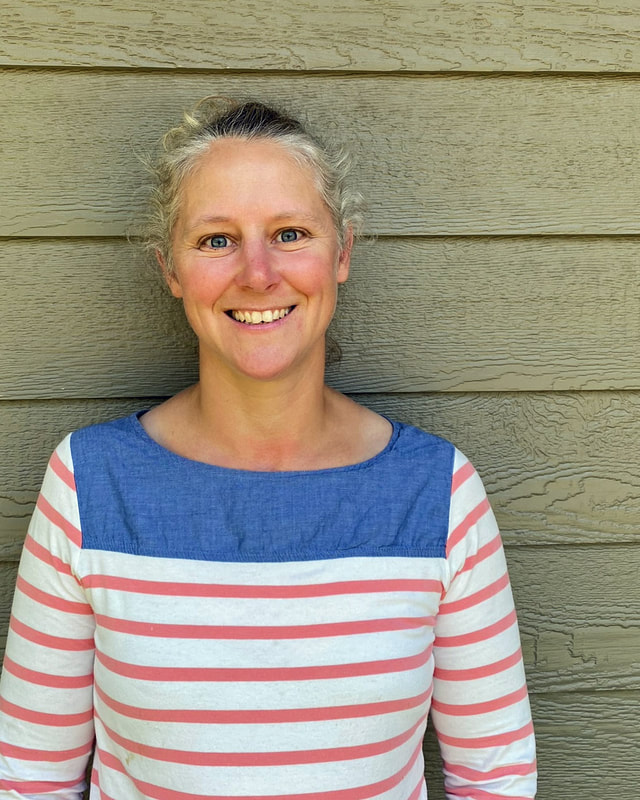
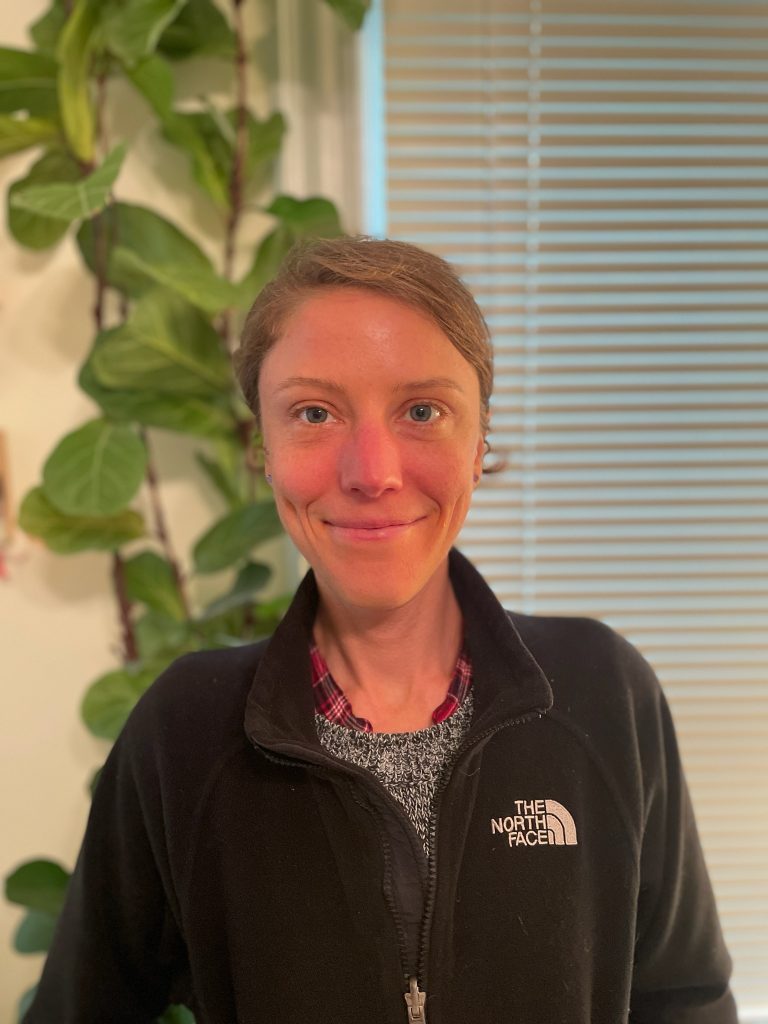
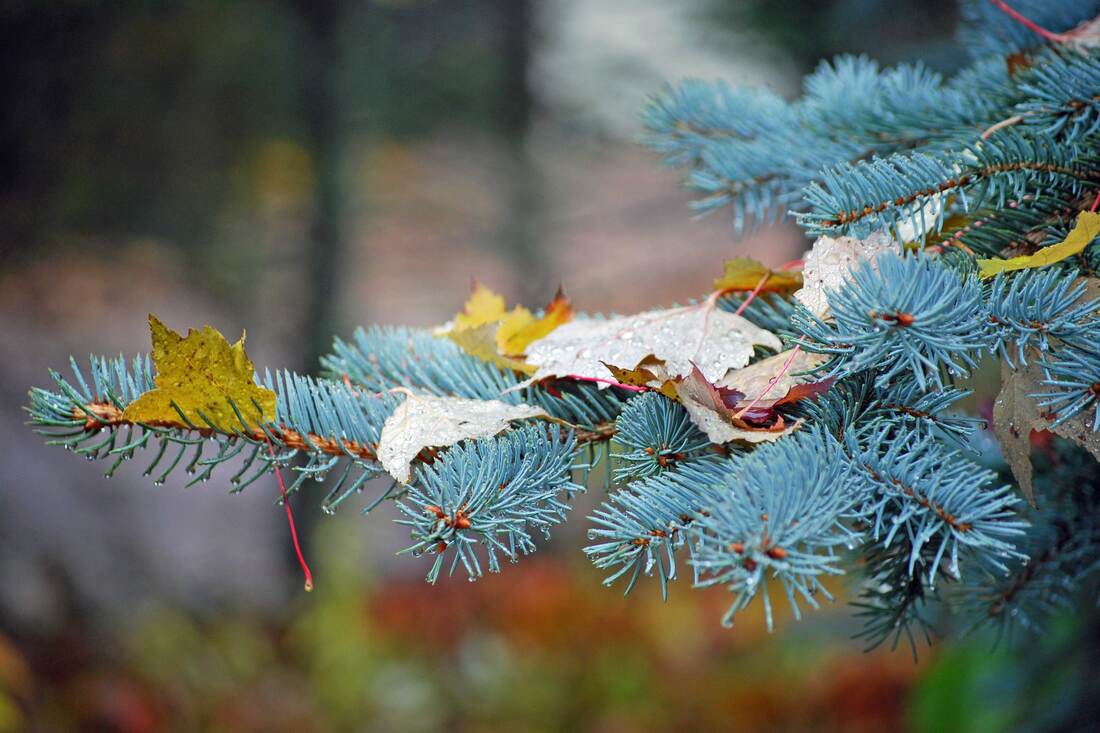
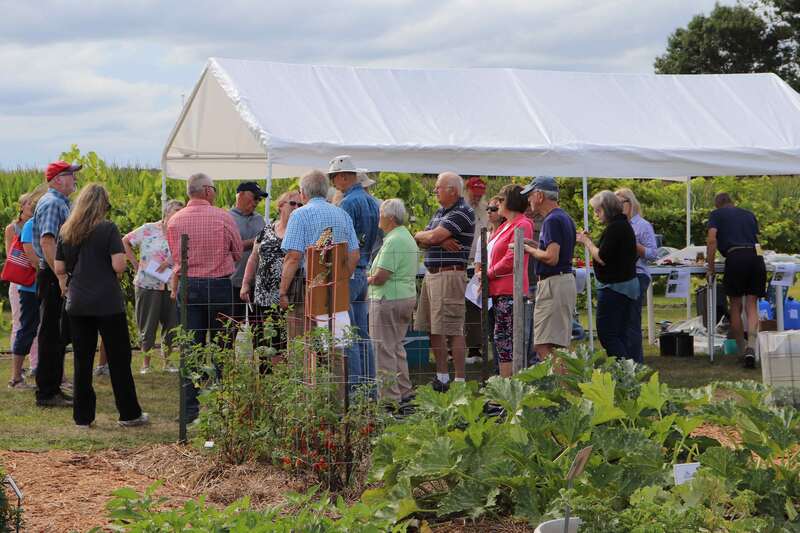
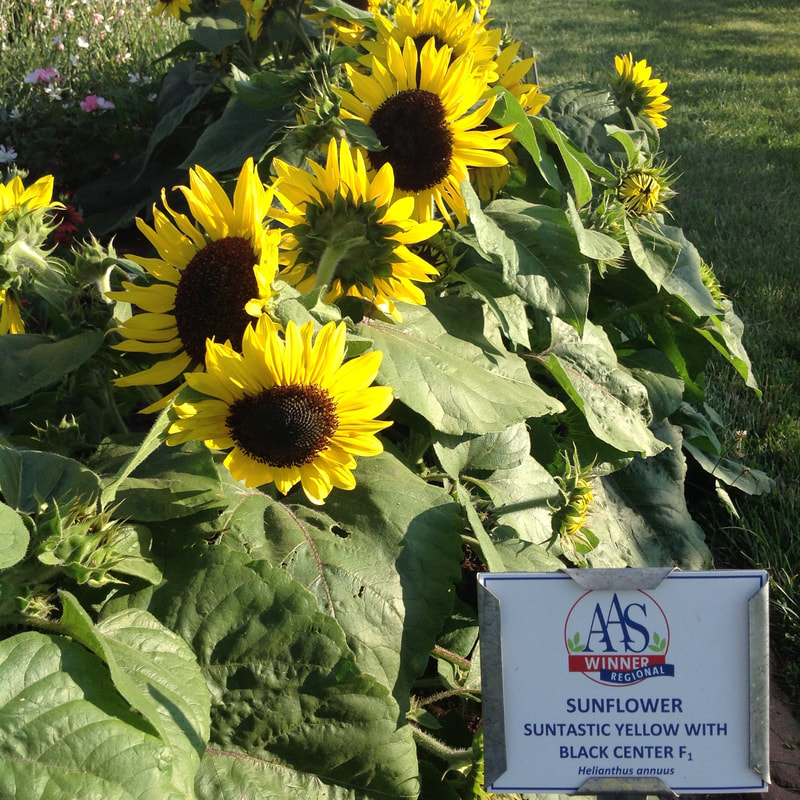
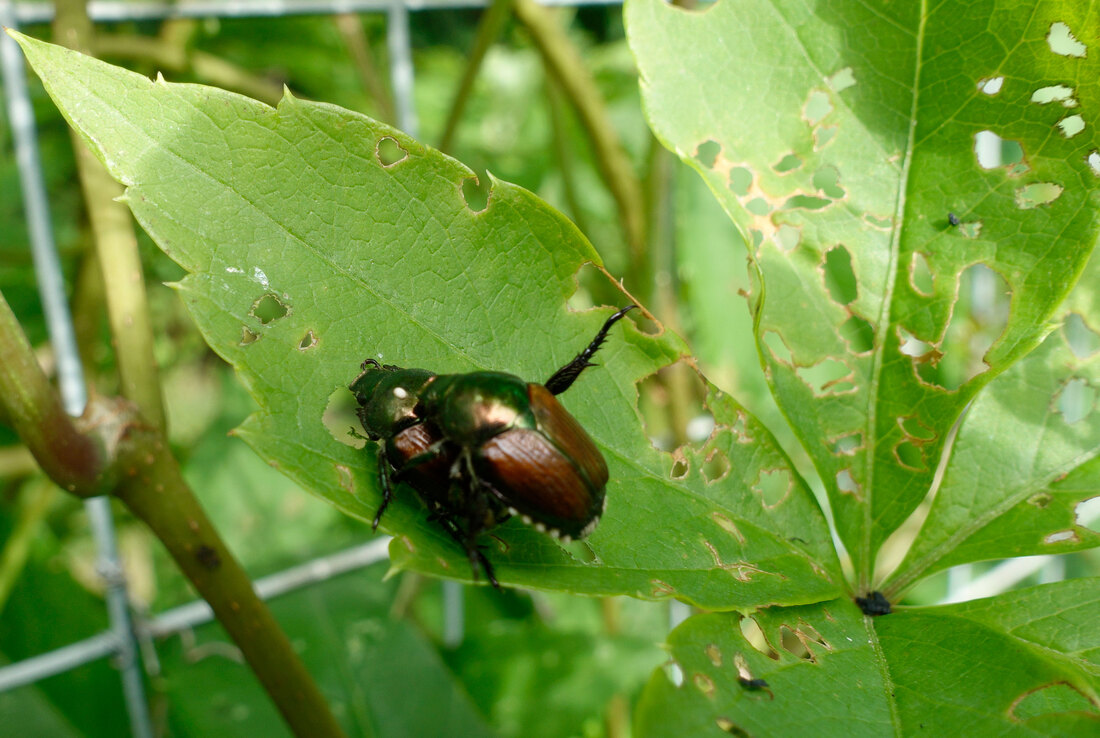
 RSS Feed
RSS Feed